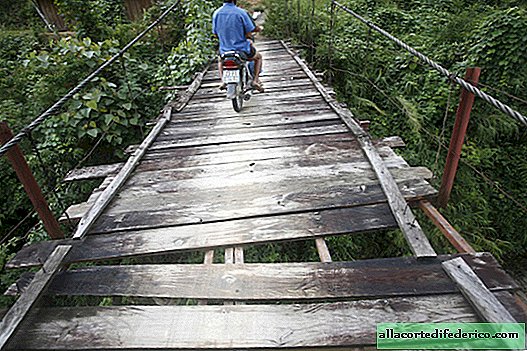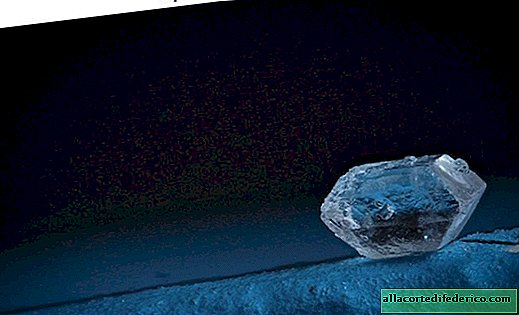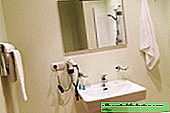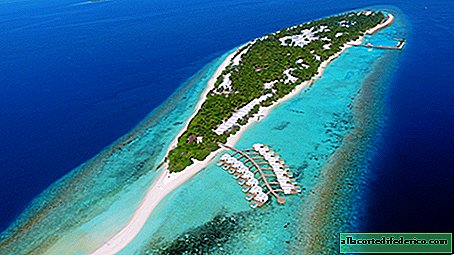Snow blindness: why you can’t go to a ski resort without sunglasses
Fresh air, dazzling sun and snow-capped peaks - all this awaits lovers of winter holidays in the mountains. But admire the amazing landscapes should only through special sunglasses. Otherwise, you risk damage to your eyesight and ruin your vacation. Let's see why this is happening.

Vast snow-covered spaces are surfaces that have ideal reflective properties. Snow in the mountains, far from urban enterprises and highways, is deprived of dust and polluting particles deposited on it, and therefore more pure and white. Therefore, the ultraviolet rays of the sun falling on its surface are reflected in large numbers (about 40% of all rays). This indicator increases with the onset of spring: the sun shines more intensively, and an ice crust forms on the surface of the snow, which contributes to better reflection of light.

In such natural conditions, a person who finds himself in a ski resort without effective sunglasses becomes a victim of an insidious disease called snow ophthalmia, or snow blindness.

The first symptoms can occur only 30-60 minutes after going outside. Eyes begin to watery, it becomes painful to look at the snow and bright surfaces. If measures are not taken in time, then after 3-5 hours in the sun, pain in the eyes and an acute sense of discomfort will appear. Eyes constantly watery, turn red, swelling develops. Similar symptoms result from sunburn of the cornea of the eye and conjunctiva.
According to experts, our eyes are in danger not only on a clear sunny day. In cloudy weather, ultraviolet rays also penetrate the clouds and reflect off the surface.

If there are signs of snow blindness, you must consult a doctor for help, otherwise the consequences can be very deplorable, up to complete loss of vision. Needless to say, the rest will be hopelessly ruined. In most cases, the disease goes away 4-5 days after you leave the mountains.
Specialized glasses will help to avoid snow blindness. Unfortunately, ordinary sunglasses in the mountains will be ineffective. To fully protect the eyes from sunburn, experts recommend high-quality glass glasses with a high degree of dimming. They should transmit no more than 10% of visible light and reflect all ultraviolet rays. A prerequisite is also the presence of side shields: glasses should fit snugly to the face in the temple area and completely close your eyes. Only in this form can you safely spend time in the fresh air, enjoying the mountain scenery and riding along the snowy slopes.

It should be remembered that snow blindness awaits us not only on holidays in the mountains. Even if you go out of town to spend a weekend in nature, you need to take care of eye protection. A regular ski or hiking trip lasting several hours can also cause eye discomfort and unpleasant consequences. Therefore, going to nature in the winter, be sure to take care of your eyes.


















